What is a copyright? Copyright gives creators, among other exclusive rights, the right to make copies of their works.
Copyright law has often been compared to a fence. The purpose of that fence is to keep people out unless they jump over it, walk around it, or otherwise circumvent it. As for what can be copyrighted: in the US, non-literal elements of original work are copyrightable subject matter (e.g., selection and arrangement of facts), but never the idea, which is interchangeably called idea/expression dichotomy.
A copyright is an exclusive right to reproduce, distribute, perform, or display work. This right protects the original expression of ideas — literary, dramatic, musical, artistic, and other intellectual works.
A copyright is a legal monopoly on the right to copy or sell creative work. It gives the copyright owner the exclusive right to reproduce, distribute, adapt and publicly perform the copyrighted material. Copyrights can be sold, bought, and licensed. Copyright owners are legally empowered to act against those who infringe their rights.








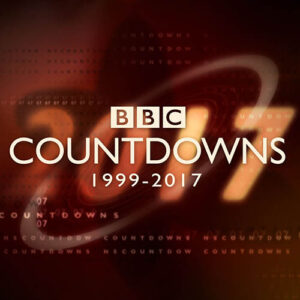

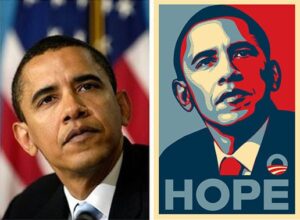


Registering your copyright gives you various advantages, especially in legal enforcement if someone breaches it. The number one reason it’s essential to register a copyright because having a public record of the work helps prevent disputes. Suppose no one has evidence of the date and author of a work. In that case, there’s nothing to prevent an author from claiming that something published years later was their work. If no one knew about the material until years later, it is more difficult to prove, so all evidence counts.
Marking a work with the copyright symbol and the year of publication is only one way of protecting your copyright. To ensure no one can copy or distribute your creative work without your permission, you first need to register it with the copyright office. Next, mark it correctly, so people know to get your consent if they want to use your work.
Always keep evidence when it concerns your created work. Even if it’s just a personal letter, you have something that you can later show to other people as evidence of what you’ve done. You should keep those things for your own sake and for the sake of others who might be interested in the same kind of things.
Suppose you’re working on something that will be published or writing about a collaborative piece of research. In that case, you and your co-authors should agree in writing about what everyone contributed. Everyone should have something, even if small by comparison. There are always questions about who owns what.

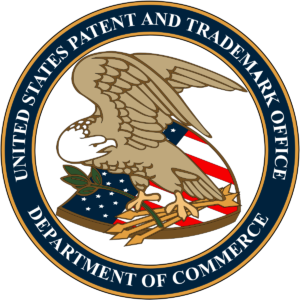
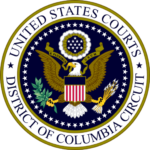
Why do I need a lawyer for
A Trademark?
How can I tell what
Type of Patent?
How can I make
A Prototype?
Do I need a trademark or
Copyright?
Do I need an LLC
To Sell Online?
The Intellectual Property Attorney you hire to represent you and your business is one of the most important decisions you will ever make.
These are the values that guide this firm:
Having a lawyer is often the difference between success and failure. A good intellectual property lawyer is priceless. Without one, you’re basically out in the cold on your own. I have seen so much go wrong for clients’ businesses and even personal finances apart from the company.
– Jerry K Joseph Esq. Founding Attorney


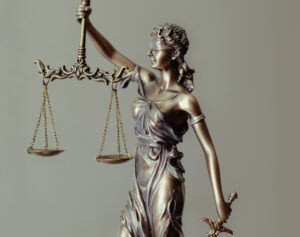

© 2023 Law Office Of Jerry Joseph. All Rights Reserved